17 Underrated Animals That Make the World Better
Not every animal gets the spotlight, but that doesn’t make them any less important. These underrated creatures are crucial for our ecosystems, agriculture, and even public health. They have a role to play from cleaning up waste to pollinating crops to regulating ecosystems. They quietly work behind the scenes to keep the planet going. It’s about time we gave them the credit they deserve.
This article lists the often-overlooked animals that make the world a better place.
Beavers
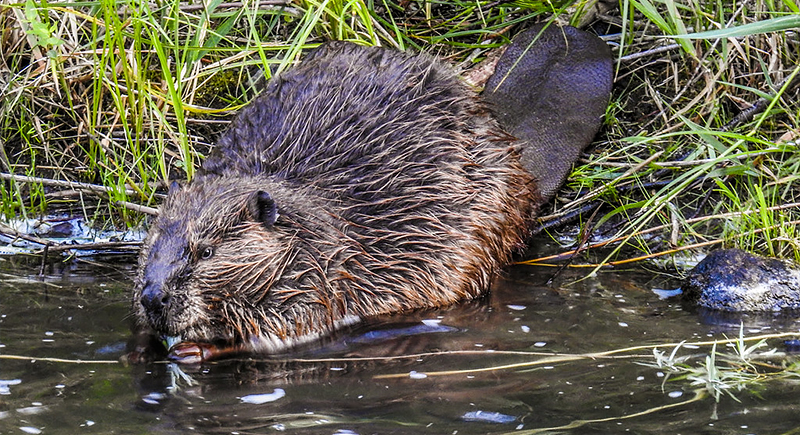
Credit: flickr
Beavers are truly one-of-a-kind animals with dam-building skills, creating wetlands that serve as homes for countless species. Beyond that, these wetlands filter pollutants, improve water quality, and reduce the risk of floods. Without beavers, the entire ecosystems would face significant challenges, from habitat loss to increased erosion.
Earthworms
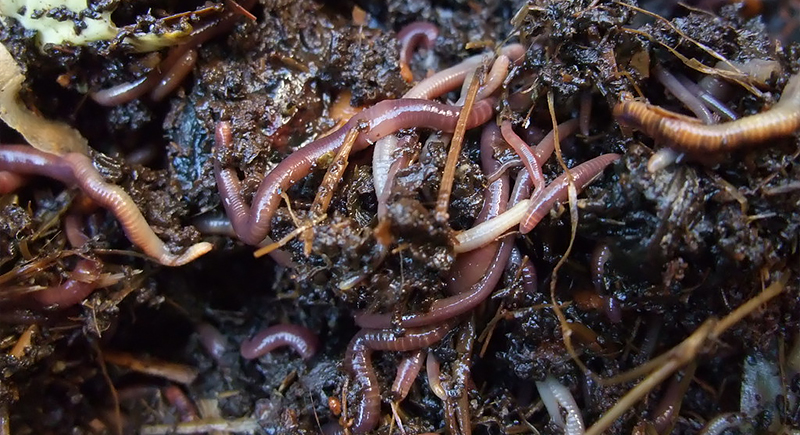
Credit: flickr
Earthworms are the ultimate soil caretakers, quietly working beneath our feet. As they burrow, they create pathways for water and nutrients to reach plant roots. Their nutrient-packed castings act as natural fertilizers, improving soil health. It’s no exaggeration to say that without these humble creatures, farming would be a much harder task.
Bats
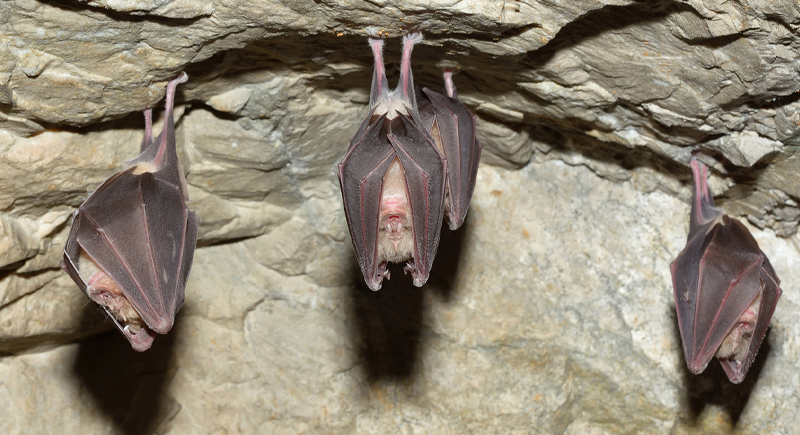
Credit: iStockphoto
Often misunderstood, bats play a critical role in balancing out the ecosystem. Each night, they feast on thousands of insects like mosquitoes and crop pests, acting as natural pest control. But their contributions don’t stop there. Some bat species pollinate plants and help spread seeds, making them essential for forests and agriculture alike.
Ants
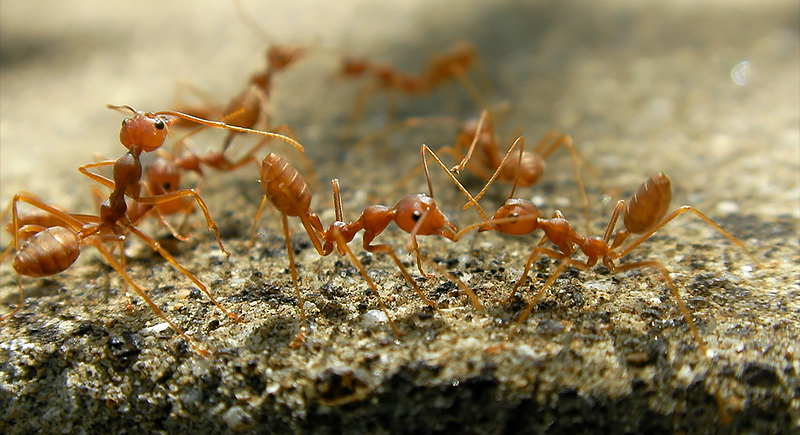
Credit: flickr
These tiny insects punch far above their weight. Ants aerate the soil as they dig their intricate tunnel systems, which helps plants grow stronger. They also recycle organic waste, from decaying leaves to dead insects, returning valuable nutrients to the earth. In rainforests, many plants rely on ants to disperse their seeds, making them the champions of biodiversity.
Sea Otters
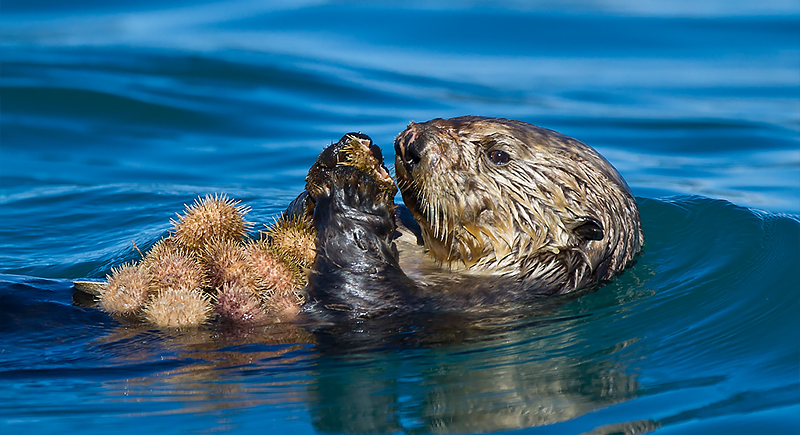
Credit: flickr
This adorable animal has a significant impact on the marine ecosystem. By preying on sea urchins, they protect kelp forests from overgrazing. These underwater forests, in turn, provide habitats for marine life and absorb carbon dioxide, helping combat climate change. Without sea otters, these delicate ecosystems would be at risk.
Pigeons
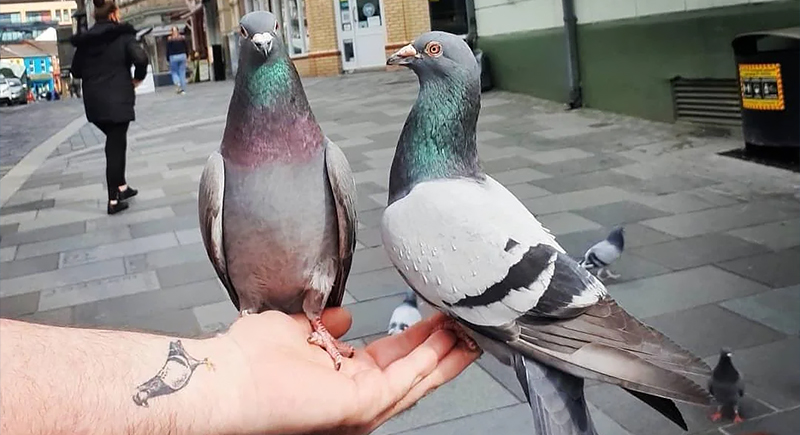
Credit: Reddit
Pigeons are frequently dismissed as nuisances, but in reality have a history of being helpful to humans. In the past, they acted as messengers, carrying information across great distances. Today, they still contribute by cleaning up food scraps in urban areas, helping to reduce waste. Love them or not, pigeons have earned their place in city life.
Frogs
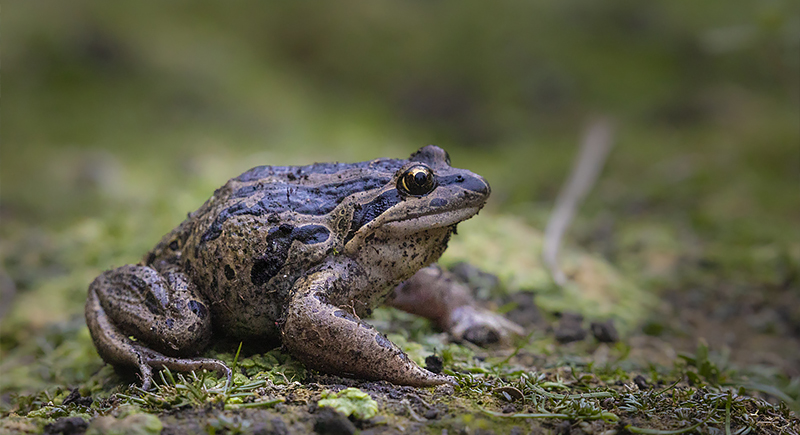
Credit: flickr
Frogs do much more than hop around ponds. Their presence (or absence) can tell scientists a lot about the health of an environment, as they’re highly sensitive to pollution and climate change. Beyond their role as ecological indicators, frogs also help control insect populations and serve as an important food source for predators.
Dung Beetles
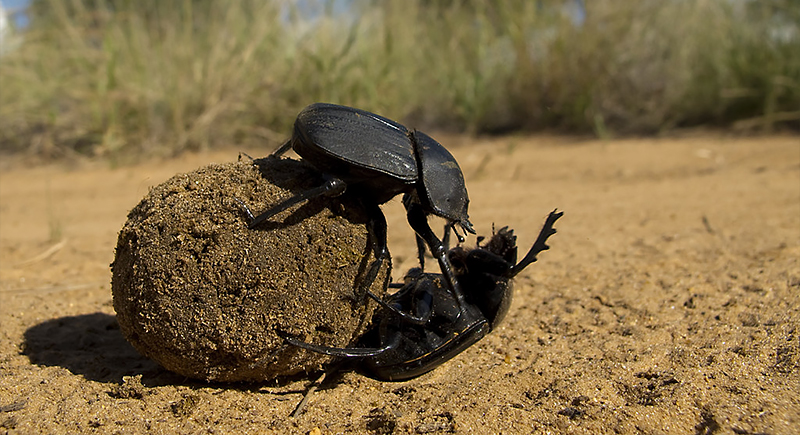
Credit: flickr
Dung beetles are nature’s cleanup crew that tackle waste that would otherwise pile up. By rolling, burying, and breaking down animal dung, they fertilize the soil and prevent the spread of parasites. Farmers often view them as silent partners in maintaining healthy pastures and crops, thanks to their ability to enrich the earth.
Sharks
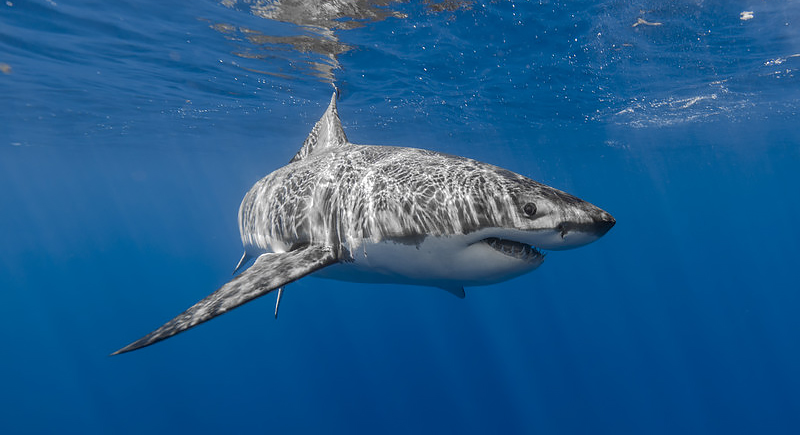
Credit: flickr
You didn’t expect this one on the list, did you? As apex predators, sharks keep marine ecosystems in balance. By regulating populations of prey species, sharks ensure that no single group dominates the food chain. This balance trickles down to healthier coral reefs and fish stocks, which benefit both the ocean and coastal communities.
Vultures
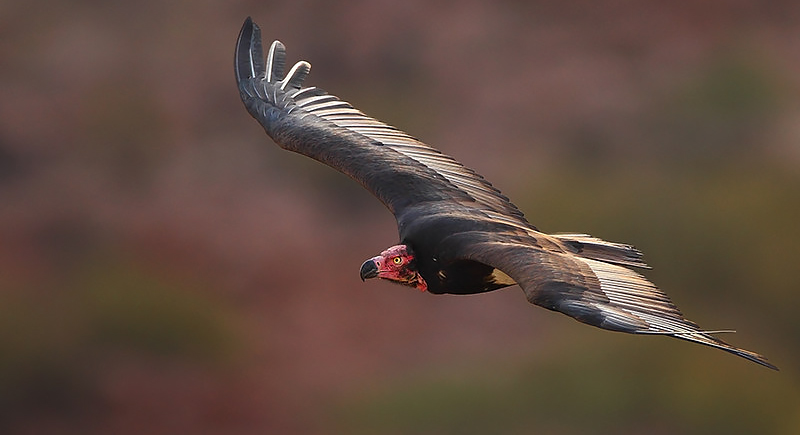
Credit: flickr
Another surprising entry on the list is the vultures. Vultures might not win popularity contests, but their role in ecosystems is irreplaceable. By consuming animal carcasses, they prevent the spread of diseases like rabies and anthrax. In areas where vulture numbers have declined, disease outbreaks have risen, proving just how critical these scavengers are to environmental stability.
Krill
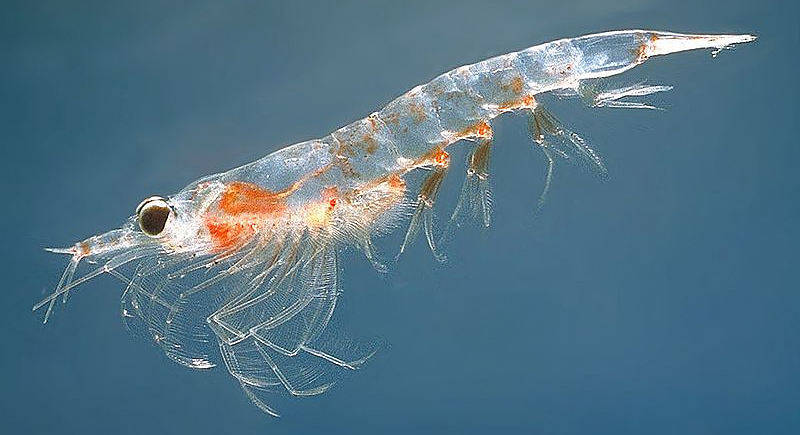
Credit: flickr
These tiny crustaceans might go unnoticed, but they’re the cornerstone of ocean ecosystems. Krill feed whales, penguins, seals, and countless fish species, sustaining life in the seas. They also contribute to carbon sequestration by consuming phytoplankton and releasing waste that traps carbon on the ocean floor.
Bees
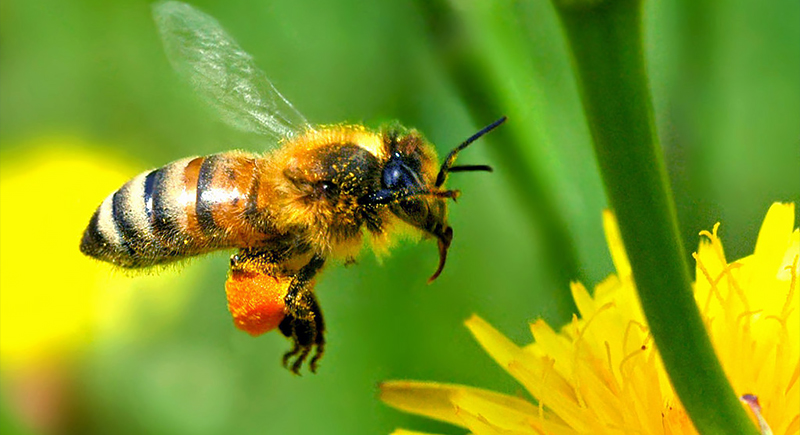
Credit: flickr
To be honest, you don’t want to imagine a world without bees, even if you don’t like them. When it comes to pollination, bees are indispensable. They ensure the growth of fruits, vegetables, and nuts, supporting both agriculture and wild ecosystems. While honeybees are the most well-known, wild bee species also play a critical role in plant reproduction.
Opossums
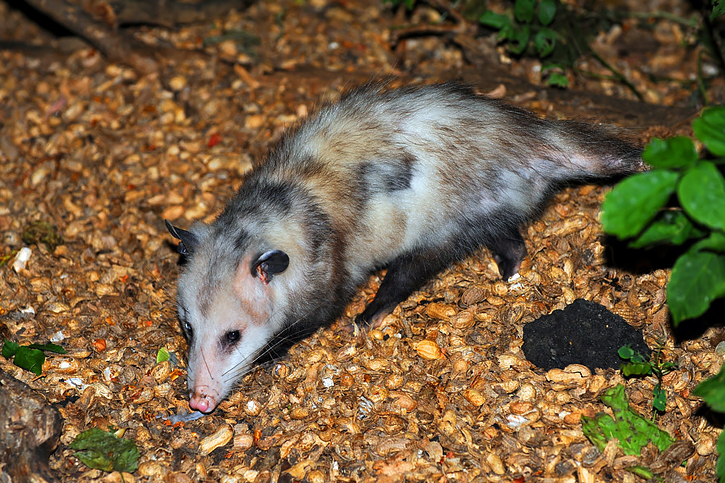
Credit: flickr
Unfortunately, opossums don’t get the credit they deserve. These nocturnal creatures eat ticks, slugs, and other pests, which helps control insect populations naturally. Immune to snake venom, they also reduce the number of venomous snakes in their habitats. Despite their unassuming nature, opossums are a gardener’s true ally.
Plankton
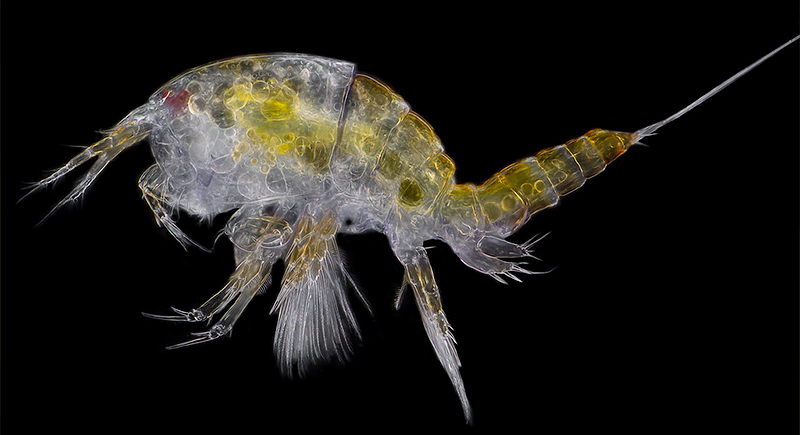
Credit: flickr
They may be microscopic, but plankton are the backbone of marine ecosystems. Phytoplankton produce more than half of the world’s oxygen, making them essential to life on Earth. They also support the entire ocean food chain, from tiny fish to massive whales. Without plankton, the planet would look very different.
Termites
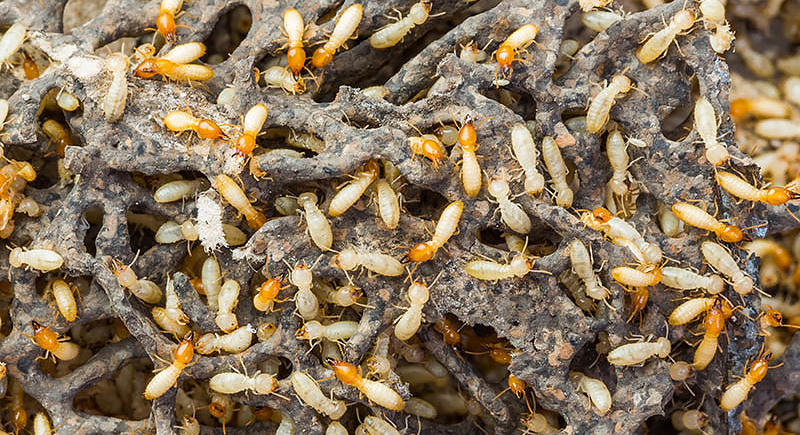
Credit: flickr
Though they’re often viewed as pests, termites are ecosystem architects. In tropical regions, they break down tough plant material like wood, recycling it into nutrients that enhance the soil. Their tunnels also aerate the earth, creating the perfect conditions for plants to grow. Far from being just homewreckers, termites are crucial to healthy ecosystems.
Sea Cucumbers
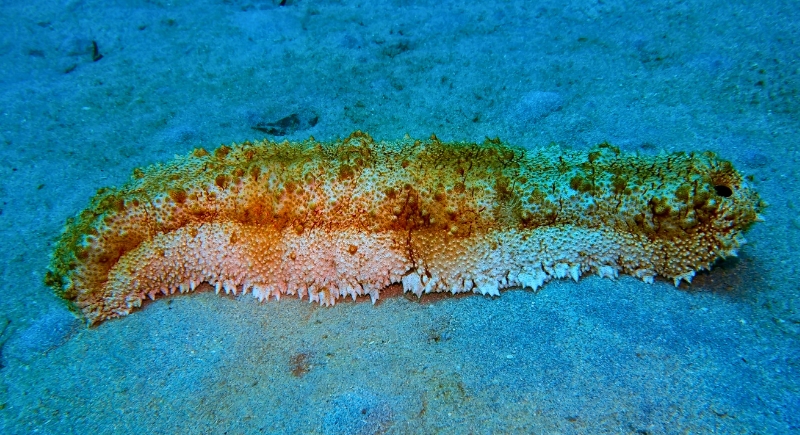
Credit: Getty Images
Sea cucumbers are the ocean’s quiet cleaners. These soft creatures sift through sand, digesting debris and recycling nutrients that keep the seafloor healthy. Their constant cleanup prevents decay and helps balance ocean chemistry, making them small but essential players in maintaining marine life’s delicate natural order.
Moths
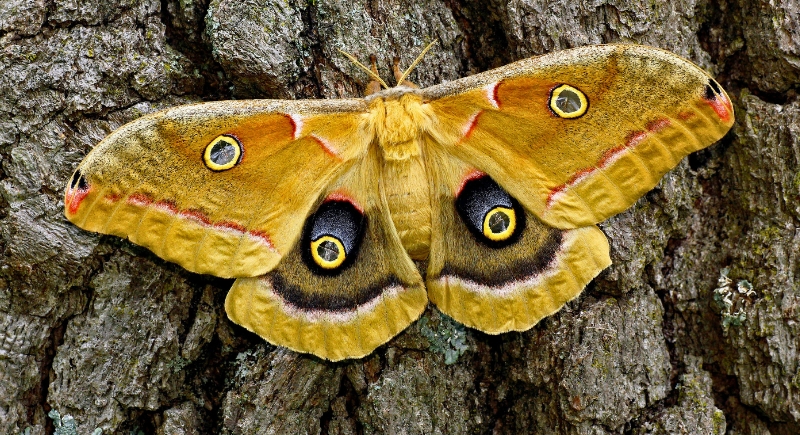
Credit: pexels
Moths take over nature’s pollination duties after dark. While bees rest, they flit between moonlit flowers, ensuring plants continue to reproduce. They also feed birds and bats, keeping ecosystems thriving. Their silent, unseen work proves that some of nature’s most important helpers stay active when the world sleeps.